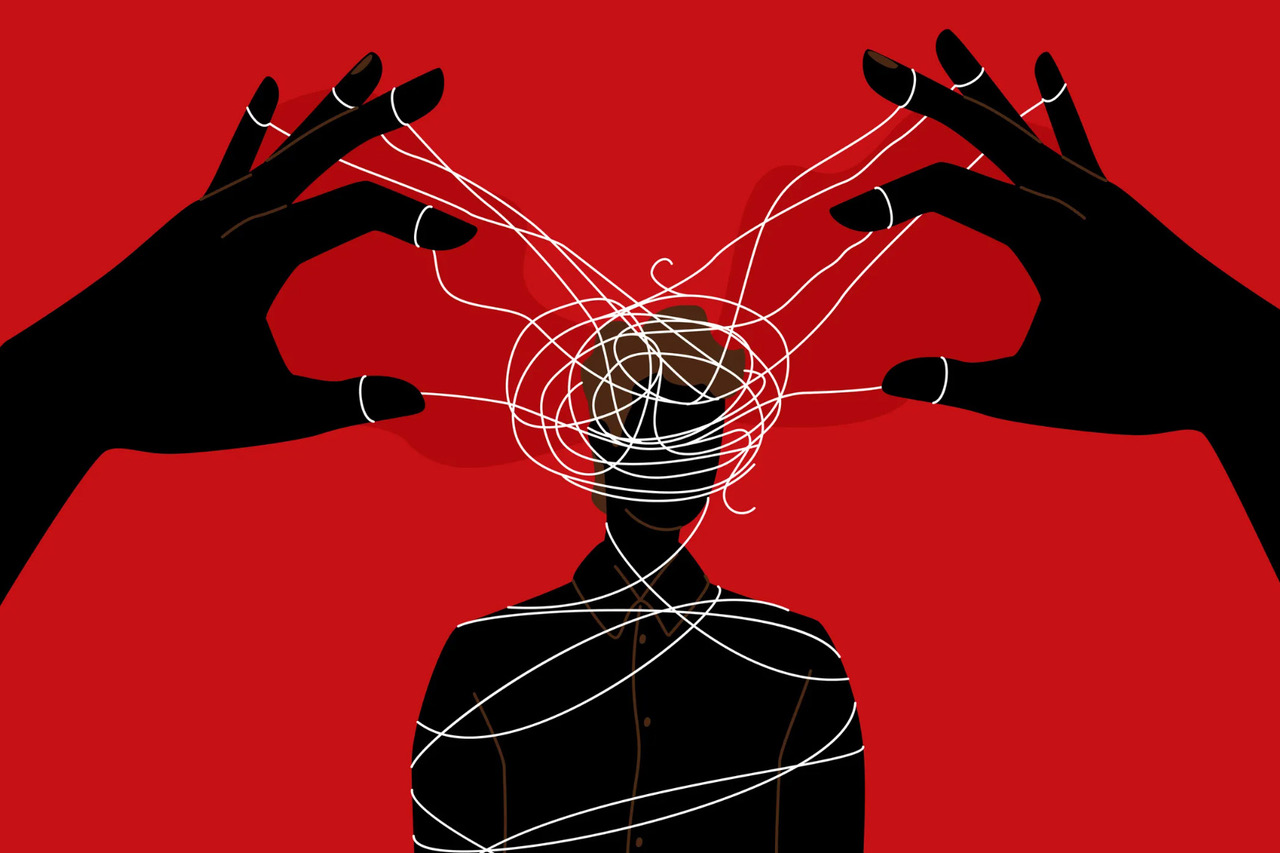MIDLIFE IS A time typically associated with introspection and life evaluation.
A study by Pew Research Centre showed that half of midlifers are not looking for a relationship or dates, indicating a preference to be alone rather than experience dating complex and challenging partners—those who have an inflated sense of self-importance and a deep need for admiration – narcissists.
Partners of narcissists in midlife grapple with compounded emotional and psychological challenges. They often endure feelings of being undervalued, gaslighted, or emotionally manipulated.
This emotional toll is intensified by a narcissist’s transition, such as menopause in women or andropause in men.
In recent years, there has been more and more anecdotal evidence coming to light about the realities of menopause beyond the more well-known symptoms of hot flushes, loss of libido and a halt in menstruation.
We now know that women’s hormonal changes during menopause can cause increased anxiety, depression, and brain fog.
A female narcissist during menopause may feel heightened hypersensitivity, which will, of course, impact her behaviours.
Andropause, often referred to as male menopause, is a significant factor in midlife that affects men. It is characterised by a gradual decline in testosterone levels, leading to symptoms like decreased energy, mood swings, reduced libido, and sometimes depression.
These changes can be disorienting and challenging, contributing to a sense of lost youth and vitality. For a man with narcissistic traits, the vulnerabilities brought on by andropause can exacerbate their need for attention and affirmation, further straining relationships.
For both men and women, the lack of empathy and support from a narcissistic partner during these times can be particularly damaging, undermining the necessary support system. Equally, a man with a narcissistic partner, at this stage of his life, will feel emasculated and undervalued.
Coping and Managing Relationships with a Narcissist
Understanding and Education: Both partners should seek to understand narcissism. Recognising that selfishness is a psychological condition can help the non-narcissistic partner manage their expectations and responses. Resources like books, articles, or therapy can provide valuable insights.
Setting Boundaries: It’s essential to establish and maintain clear boundaries. The non-narcissistic partner should decide what behaviours they can tolerate and what they can’t. Consistently enforcing these boundaries is crucial, even if the narcissistic partner pushes back.
Self-Care and Support: The non-narcissistic partner should prioritise their emotional and physical well-being. This might include maintaining hobbies, friendships, and interests outside the relationship. Seeking support from friends, family, or support groups can also provide emotional relief and perspective.
Empathy with Limits: While empathy is essential in dealing with a narcissistic partner, it should be balanced with self-preservation. Understanding the partner’s selfish behaviour doesn’t mean tolerating abuse or neglect.
Couples Therapy: Engaging in couples therapy, particularly with a therapist experienced in dealing with narcissistic behaviours, can be very beneficial. Therapy can provide a neutral ground for discussing issues and learning strategies to improve the relationship.
Managing Expectations: The non-narcissistic partner needs to manage their expectations about the relationship and the possibility of change. Narcissistic traits can be deeply ingrained, and while improvement is possible, significant changes may take time.
Focus on Positive Interactions: Try to focus on activities and interactions that are positive and fulfilling for both partners. This can help build a reservoir of goodwill and positive feelings, which can be crucial during more challenging times.
Knowing When to Seek Help: Recognizing when the situation is beyond personal management is crucial. If the relationship becomes abusive, or if the narcissistic behaviour is severely impacting mental health, seeking professional help or reconsidering the relationship may be necessary.
Dealing with narcissism in the context of midlife challenges, including the physical and emotional changes brought on by menopause and andropause, presents a complex and often painful journey.
Recognising the signs of narcissistic behaviour and implementing effective management strategies is essential for maintaining a healthy dynamic in the relationship.
With patience, understanding, and the right approach, navigating these challenges and cultivating an environment of mutual respect and growth is possible. However, it is vital to say that if a relationship becomes either physically or emotionally abusive, then self-preservation is always advised, and if that means ending the relationship, then so be it.
Our middle years are a time for reflection and an opportunity to create a life filled with our youthful visions that could not be fulfilled due to career progression, rearing a family and other responsibilities that are devoid in our middle years.
As such, we deserve relationships that feed us rather than drain us and therefore, narcissistic relationships should be approached with caution – if not avoided altogether!
